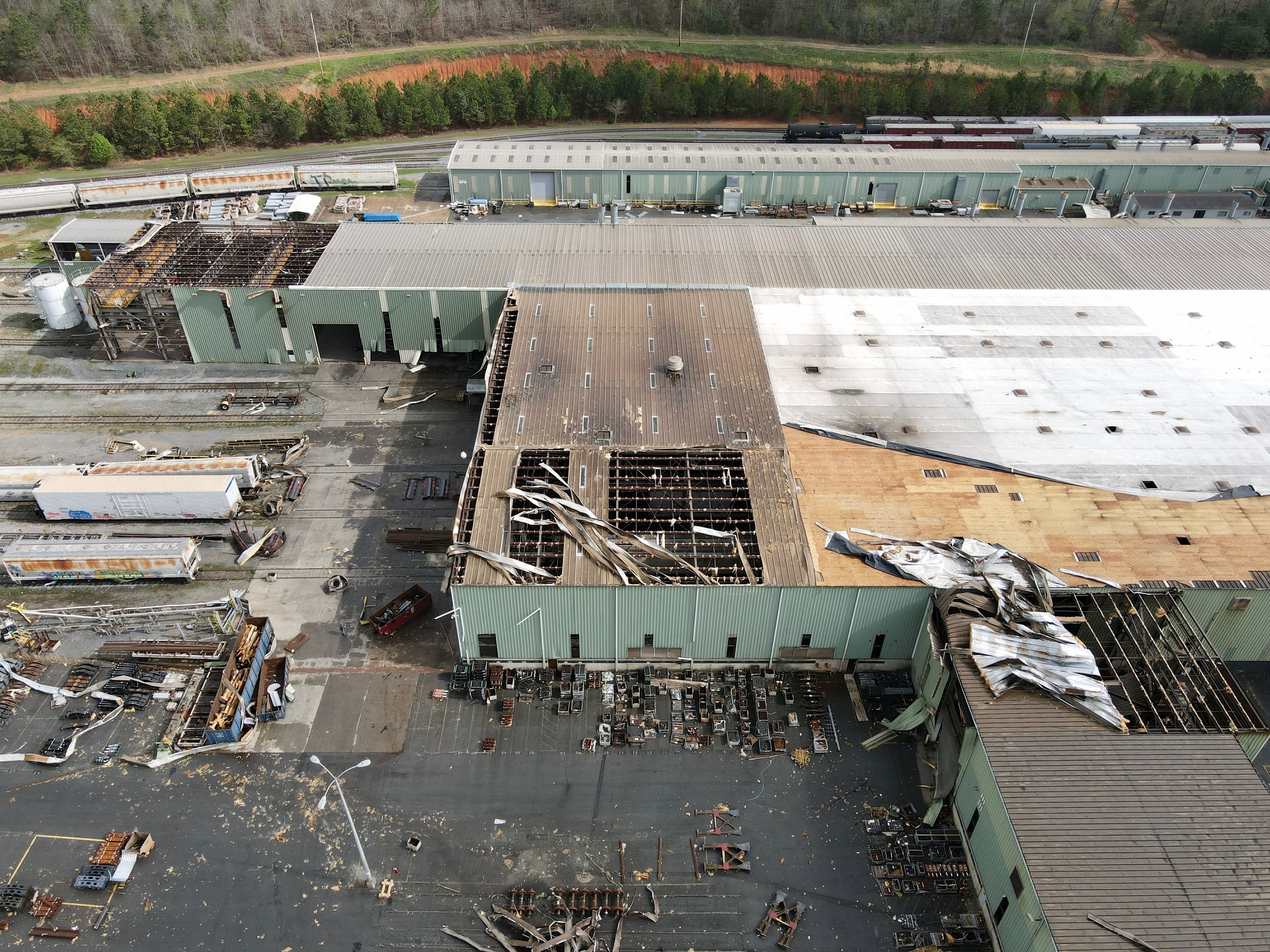The 5 Lease Clauses Most Leaders Overlook—And Regret Later
I can’t tell you how many times I sit across the table from a CEO or CFO who thought they had their lease buttoned up—until they didn’t.
Commercial leases are lengthy and complex documents. Since the landlord or landlord’s legal counsel typically write them, they often naturally favor the landlord’s interests. Unless you know what to look for, it can be easy to miss the implications of the fine print. The problem? Those little details can turn into big, expensive regrets.
Here are five clauses that I notice leaders overlook most often:
1. Operating Expenses (a.k.a. Pass-Throughs)
Your base rent is just the beginning when it comes to what you’ll spend on your commercial real estate. Most leases include additional charges for taxes, insurance, maintenance, and even management fees. If you don’t understand how those expenses are defined and capped, you could be on the hook for far more than you planned.
2. Holdover Provisions
Let me give you a scenario: you plan to relocate, and you’ve timed the move so there’s very little overlap. Financially, that sounds like a great plan; operationally, it’s flawed. Suppose you have to stay a few extra months in your original space due to construction or tenant improvement delays. In that case, you may have to pay steep penalties—sometimes 150% to 300% of your rent. Leaders are often shocked by how quickly those costs add up.
3. Restoration Obligations
At the end of your lease, you may be required to restore the space to its original condition, known as decommissioning—even if you have made improvements. That could mean tearing out build-outs or removing cabling at your own expense. I’ve seen companies hit with seven-figure bills they never expected to receive.
4. Sublease and Assignment Restrictions
Growth isn’t always linear. You may need to downsize, relocate, or sublease part of your space. But many leases heavily restrict your ability to sublease or assign your lease to another tenant, leaving you stuck with costs and no flexibility.
5. Landlord vs. Tenant Obligations
Landlords these days try to pass a lot onto tenants—everything from replacing HVAC units to resurfacing parking lots, even full roof replacements. The challenge is that these are big capital improvements, and they really should be the landlord’s responsibility since they own the building. Without the right protections in your lease, you could easily get stuck footing the bill for upgrades that were never meant to be yours. That’s why having strong language in place is so important.
The Takeaway
As a leader, you likely don’t have time to dig through 100 pages of legalese—and you shouldn’t have to. However, ignoring these clauses can be costly.
That’s why we offer a free Lease Analysis. It goes beyond a simple lease abstract to show you not just what’s in the lease, but what it means for your business.
Don’t let overlooked clauses turn into expensive regrets. The smartest leaders get clarity up front—because in real estate, clarity isn’t optional. Clarity is power.





